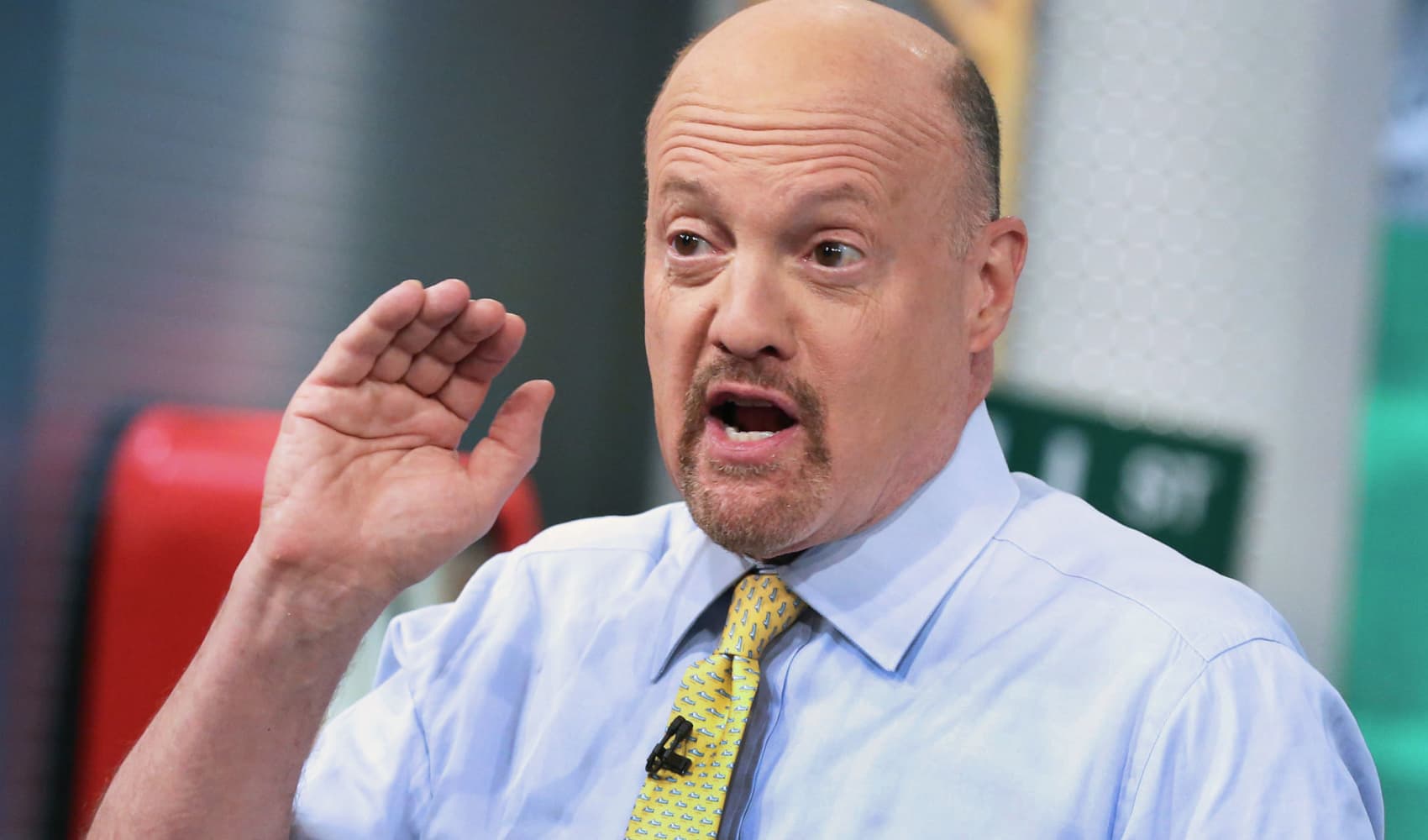
This is an excerpt from CNBC Make It's weekly newsletter. Subscribe here.
When I wrote about dogecoin a few weeks ago, I received a few dozen emails from readers interested in investing in cryptocurrency. Many who wrote in asked which crypto is best, while others wanted to know how much they should buy.
Very few asked whether or not they should invest in crypto at all; it seemed a given that they should.
But cryptocurrencies alone are not a sound investment, investing experts say; nor are other currently popular investment trends including holding meme stocks like GameStop, or day trading generally (GameStop did not immediately respond to request for comment). Cryptos and meme stocks are extremely volatile, and research shows that you're much more likely to lose money day trading long term than you are profiting.
Get Philly local news, weather forecasts, sports and entertainment stories to your inbox. Sign up for NBC Philadelphia newsletters.
While these alternative investment strategies have captured the millennial and Gen Z investor imagination, financial planners urge young investors to remember that they shouldn't be a substitute for a more standard, some might say boring, foundation.
The interest in these investments can be partially attributed to younger generations feeling locked out of traditional forms of wealth building, says Leanna Haakons, founder of Black Hawk Financial. Though millennials, on average, face larger student debt loads and higher costs of living than Gen X or baby boomers, they've also seen wages stagnate and full-time jobs replaced with part-time gigs. This gives them less money month to month to set aside in an index fund.
A get-rich-quick scheme that requires a one-time cash deposit is alluring when you feel the deck is stacked against you, Haakons says. It's enticing to see the prices of meme stocks and, at certain times, cryptos soar.
Money Report
But these volatile assets shouldn't be any investor's core holding — especially those just starting out, says Brad Wright, a Boston-based certified financial planner. "People think these [assets] will never go down, and that's a bad mindset," says Wright.
Just as you wouldn't rely on a lottery ticket to fund your retirement, you shouldn't count on cashing in on GameStop or dogecoin.
Build a solid foundation
Instead, boring is better for 99% of people, Wright says.
"We try to temper clients' enthusiasm for this by suggesting they take care of their basics first," Wright says. That means investing consistently in low-cost index funds. These all-in-one funds give investors exposure to an entire market index at a reasonable price. And those with a diversified investment portfolio will likely outperform those who put all of their money into a single asset.
Traditional investments found in index funds have an underlying value, Haakons says. Companies have earnings that investors can base a valuation off of. But crypto, for example, does not. And meme stocks become memes in part because their valuations are so out of whack with reality. Tread carefully.
Understand the risk
It's crucial to understand the risks of investing in crypto or a meme stock. While investors may see the headlines about the prices climbing and climbing, many are unprepared for the eventual fall, says Wright. "You need to be OK with the possibility that you may lose your entire investment," he says.
Investors should allocate no more than 2% to 5% of their total portfolio to speculative investments, including crypto and art, Wright suggests.
And if you do buy one of these speculative assets, have an exit strategy, says Leon LaBrecque, a Michigan-based certified financial planner. If you buy into Clover Health, or another meme stock of the day, and it starts doing well, he suggests selling half. See what happens to the remaining investment. "You can't lose money taking profits," says LaBreque.
But the rest of your portfolio should be stable, long-term investments.
"If you assess your risk and you're properly diversified in a slow and steady growth portfolio, you can take a small percentage and be more speculative with it," says Wright. "But it needs to be in proportion."
Don't miss:
- What's behind dogecoin's price surge—and why seemingly unrelated brands are capitalizing on it
- The creator of dogecoin on the cryptocurrency's appeal: 'There's something pure about it'
Sign up now: Get smarter about your money and career with our weekly newsletter






